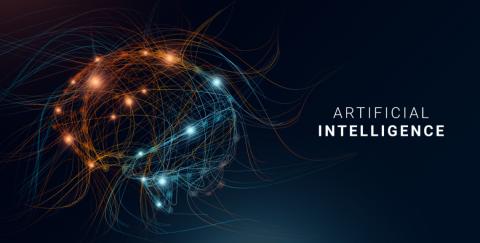
Artificial intelligence (AI) has had a significant impact on workers' compensation in several ways. Here are a few:
1. **Claims Management**: AI can be used to automate and streamline the claims management process. This includes tasks like evaluating the validity of a claim, determining the appropriate amount of compensation, and tracking the progress of a claim. For instance, machine learning algorithms can analyze vast amounts of data from past claims to identify patterns and predict outcomes, making the process more efficient and accurate.
2. **Risk Assessment**: AI can analyze workplace data to predict potential risks and prevent accidents before they happen. This can lead to a decrease in the number of claims, as fewer accidents means fewer injuries. These predictive models can analyze various factors such as the type of work, working conditions, worker health data, etc., to foresee potential hazards.
3. **Fraud Detection**: AI can help identify fraudulent claims, which are a significant cost for companies and insurance providers. Machine learning algorithms can analyze patterns and anomalies in claim data to flag potential fraud cases for further investigation.
4. **Medical Management**: AI can be used to manage medical care for injured workers, which is often a significant portion of the costs associated with workers' compensation. For example, AI could be used to predict optimal treatment plans or to monitor patient progress and adjust treatments as necessary.
5. **Job Displacement**: On the downside, as AI and automation technologies continue to advance, they can potentially lead to job displacement in certain industries. This could indirectly affect workers' compensation, as industries with high levels of automation might have fewer workplace injuries but could face issues related to employee displacement and retraining.
6. **Telemedicine**: AI has also been a boon for telemedicine, particularly relevant in a post-COVID-19 world, where remote diagnoses and consultations have become more common. AI can help streamline the process, making it easier for workers to get medical opinions and initiate their compensation claims.
7. **Safety Training**: AI can be used to provide personalized safety training to employees based on their specific job roles and the risks associated with them. This not only helps in reducing the likelihood of accidents but also ensures that employees are well-informed about their rights and the company's procedures in the event of an accident.
So, while AI has the potential to improve many aspects of workers' compensation, it's also crucial to consider its implications on job displacement and to ensure its use doesn't unintentionally disadvantage workers.
- Log in to post comments



